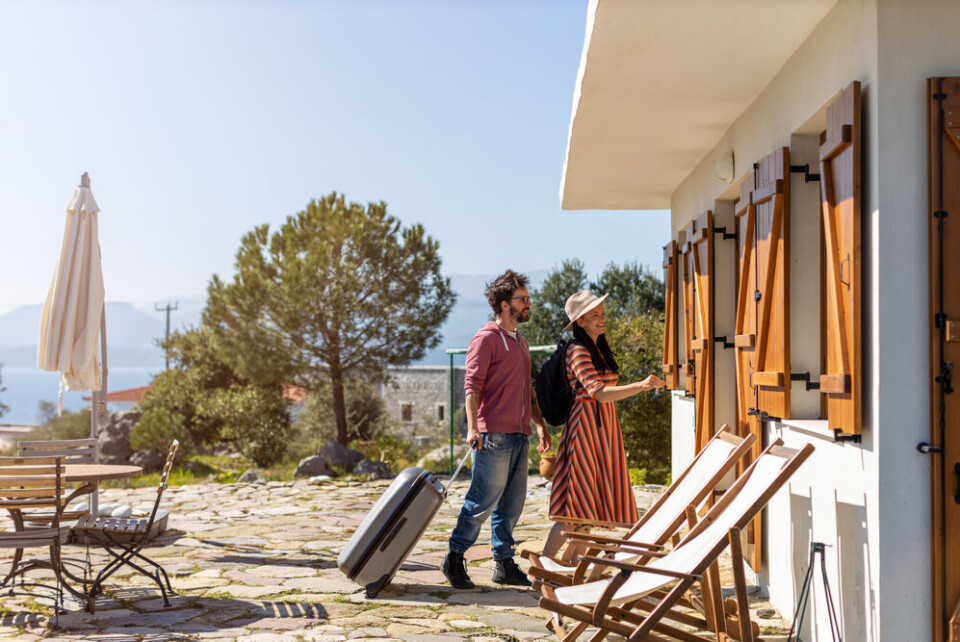-
€1.2m Dubai case ruling shows importance of knowing French tax residency rules
Couple ordered to pay backdated taxes to France
-
France finally passes 2026 budget - what it means for residents
Budget has measures to help homeowners and low earners but is more punitive to business and local authorities
-
Am I being overcharged on savings in France?
A reader writes about income tax demands on interest
What advantages of setting up French gîte under BIC classification?
We look into the two taxation options for holiday lets – the micro and réel systems – and discuss in which situation it is better to use them

Reader question: We live in France off UK pensions. Are there any tax advantages we should know about before setting up our gîte under Bic arrangements, as advised by our prefecture? T.G.
The Bic reference is a classification of the type of activity a business has, in this case profits from industrial and commercial sources.
It is the nature of the business activity that dictates the classification. The issue then is more how to ensure the best taxation option is used, and there are two options for holiday/tourist lets.
As long as your income is under €176,200, you can use the micro system, where you declare your income each year and are taxed on 50% of it, the other 50% being considered by the tax authorities as expenses, whether incurred or not. If you register your gîte under the tourist classifications system, it is possible to increase the abatement from 50% to 71%, so only 29% of the income is taxable.
For furnished letting under the micro, you do not generally need to register a business.
The alternative is to have a business declared under the réel (real) accounting system, requiring proper book-keeping and an accountant. With this, you will also pay full business social security charges (for pension, healthcare, sick pay), whereas under the micro you can avoid these, though not the remaining ‘social charges’ (in fact, a kind of tax) CSG and CRDS and PdS, at 17.2%, which are also due on investment incomes.
A gîte is a kind of meublé de tourisme (furnished holiday let). It should be self-contained for the tenant, for temporary use limited to a maximum of 90 days at a time, and furnished, with bedding and cooking facilities. Whether or not applying for classification, you need to declare the property let to the mairie.
While holiday lettings are technically a business, the tax office has tended to regard this more as investment income. Note, however, this is not the case if you are deemed to be carrying it out ‘professionally’, with an income of more than €23,000 a year and more than household income from other sources. So, the simplest thing is not to declare a business, but declare income each year in boxes 5KP/5LP, if using the 50% abatement, or 5NP/5OP if using the 71%.
The information here is of a general nature. You should not act or refrain from acting on it without taking professional advice on the specific facts of your case. No liability is accepted in respect of these articles. These articles are intended only as a general guide. Nothing herein constitutes actual financial advice.
Related articles
Gîte owners in west France hit by surprise tax bills
Airbnb and tax, €1 house: Four updates for property owners in France
Home security, oil boilers: Five updates for French property owners
























